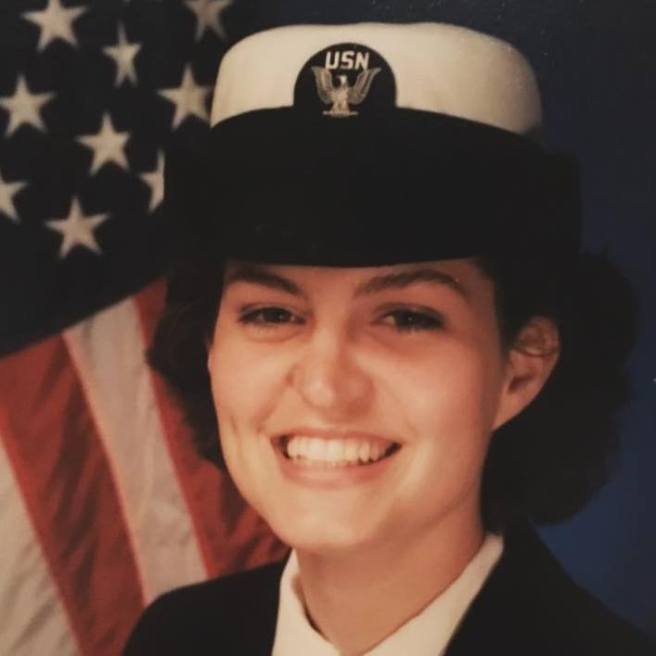Sometimes it feels so good to be pissed off. When I’m angry, I feel powerful, eager to blast whoever offended me, cut me off in traffic, or amputated me out of his life. And yet, sometimes the anger makes me feel out of control. What did I say? What did I do? Why did I react that way? It’s exhausting. While the screaming and sarcasm feels cathartic at the time, afterward I’m left feeling downtrodden.
They say all arguments begin and end with ourselves. I believe it, and yet, I have relationships with people who can ignite me and burn me to ash in a moment. Sometimes it’s hard for me to remember I must control my behavior, especially when I’m highly emotional. How I feel and act is about me. And, your feelings and your behavior is about you.
Think about a day when you woke in a bad mood. You stubbed your toe on the door to the bathroom. There’s a nearly bare toilet paper left on the roll, which you didn’t notice before you went. Someone used most of the hot water, so your shower was about luke warm. And when you poured milk into your coffee, curdles floated to the top.
So, you drive to your favorite coffee place and order breakfast. The server asks, “How’s your morning?” and you answer “Fine,” when you want to say, “It has sucked so far.” She gives you the right coffee order but the wrong breakfast sandwich. Sausage? I wanted bacon. The world is your enemy.
Think about a day when you woke feeling light. Your dog rolled over in bed and invited you to rub his belly. Your shower was just the right temperature. Your son told you he loved you three times before you left for work. You did food prep over the weekend, so you have overnight oats for breakfast and lunches for the week. When you drive to your favorite coffee place, the person ahead of you pays for your beverage. The world is your oyster. (If you like oysters, and I do.)
It’s important to hang onto those good days, relish them. Smile as often as you can. Realize that the friend who ignores you is mad at himself. The person who cut you off while driving is oblivious. Everyone is living in their own little world, stubbing their toes and running out of toilet paper. That has nothing to do with you.




